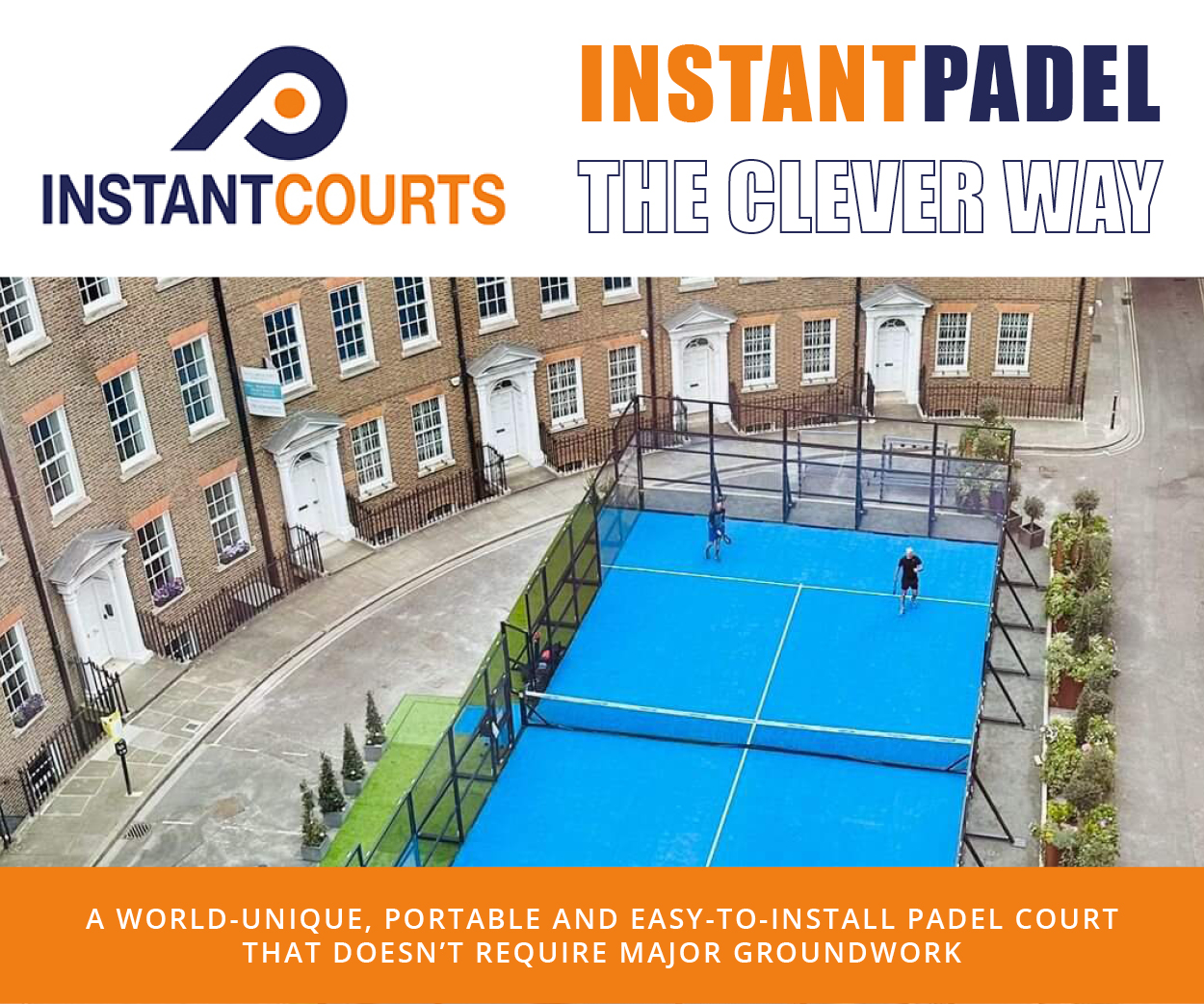The LTA has offered a 50% interest rate reduction on its Quick Access Loan scheme for padel venues in the most deprived areas of Great Britain as part of efforts to boost the sport’s accessibility.
Amidst padel’s rapid growth across Britain there are growing concerns that the sport is at risk of becoming exclusive, not inclusive. Last month’s landmark UK Padel Report found that only 3% of padel venues in England are in the most deprived areas compared to 18% in the most affluent areas – a disparity of 6.5 times.
Although Britain’s padel governing body, the Lawn Tennis Association, only has a certain degree of influence and control over the activities of the commercial operators who are largely driving the sport’s growth, it is taking proactive steps to ensure access to padel is as wide as possible during this nascent period.
Since 2019, the governing body’s official charity, the LTA Tennis Foundation, has invested just under £11m into tennis and padel projects which, when supported by partnership funding from clubs and other sources, totals a project value of £26.8m.

In the first couple of years, most of the loan applications were to fund tennis infrastructure, but now the majority are for padel. Across the six-year period to date, the Quick Access Loan scheme has led directly to the building over 100 padel courts.
These LTA Tennis Foundation loans were initially interest-free but now due to sustainability reasons have an interest rate of 5% applied. As of 1 April, that rate has been cut to 2.5% for venues that are in areas on deciles 1-4 of the Indices of Multiple Deprivation (IMD). i.e. the 40% most deprived areas.
The loans are supplemented by wraparound support that includes guidance on business modelling, programming, community access, disability access and technical advice on court construction.
The LTA is currently dealing with over 100 expressions of interest in its Quick Access Loan scheme, the majority of which are for padel courts. Among the stipulations for applicants are: that they are not-for-profit entities (e.g. members’ clubs), financially sustainable, that they intend to set up programmes that widen access to tennis and padel, and will offer a price point that fosters genuine community accessibility.

Tom Gibbins, the LTA’s Head of Programme & Property Strategy and Foundation Development, told The Padel Paper: “The private sector can’t cater for everyone and likewise nor can the LTA, so hopefully our alternative funding stream can be really positive and complementary and both sectors can work together to build the number of courts and make them accessible to all demographics.
“We can’t control or dictate what the private sector does, but Tom [Murray], Steve [Yeardley] and the team are proactively working with that sector, hosting an operators’ forum twice a year to build positive relationships.”
Sophie Curthoys, the LTA’s Senior Investment Manager, added: “Whilst it’s true that we can’t control what’s happening in private clubs, we can to an extent influence delivery models at venues we fund to ensure they’re community-focused and include outreach work in their business plans.
“We also consult with local authorities and Sport England on planning applications for new venues. We can stipulate that a prospective padel operator needs to include community benefit within its plans in order to receive planning approval, so we can have a really positive influence.”
Among the success stories from the Quick Access Loan scheme are the addition of public padel courts at Henfield Leisure Centre in Sussex and investment in padel courts at Sundridge Park in Bromley, helping to build a strong community engagement programme that includes projects with Bromley Mencap and local disability groups and individuals.










































Shining a light on this disparity in padel infrastructure is one of the most important insights from my report.
This decision by the LTA represents a positive and welcome shift in how policy incentives can stimulate the development of new padel facilities across all parts of Great Britain, including less affluent areas. Access to locally available and affordable sports should be a right that everyone can enjoy.